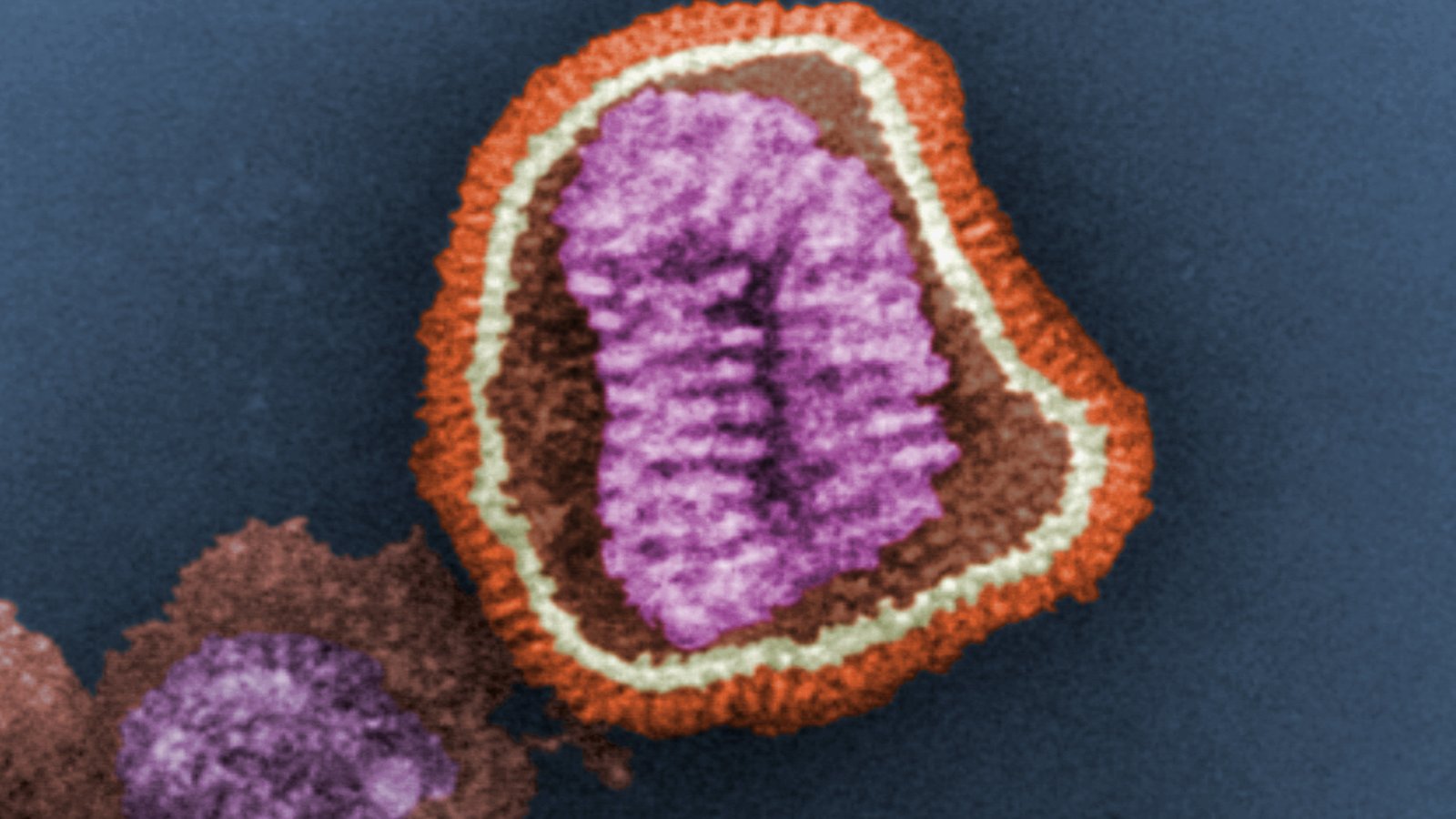Fighting Back Against Flu

The 1918 influenza pandemic, which affected 500 million people globally and caused 50-100 million deaths, was the most severe pandemic in recorded history. Over the course of the last 100 years, advances in science and medicine have provided the tools to address influenza much more successfully. However, despite vaccines and supportive medical interventions such as antivirals and antibiotics, influenza remains a public health problem and can be deadly for the very young, the elderly, and the immune compromised.
Scientists at the J. Craig Venter Institute (JCVI) are dedicated to providing researchers with as much information about various influenza virus strains and subtypes as possible, along with broad public access to the data being generated.
Due to the constant mutations that are accumulated by influenza viruses, vigilance is needed to make sure that each year’s influenza vaccine matches the currently-circulating strains. JCVI scientists are focused on using basic virology, genomics, and bioinformatics to better understand the biology and evolutionary dynamics of influenza viruses. JCVI’s work has broad implications in contributing to the development of next-generation therapeutics and a universal influenza vaccine.
Dr. Gene Tan and Dr. Brett Pickett, both assistant professors in JCVI’s Infectious Disease Group, are also project co-leads of the viral component of the Genomic Centers for Infectious Diseases (GCID). Funded by the National Institute of Allergy and Infectious Diseases (NIAID) within the US National Institutes of Health (NIH), the GCID project at JCVI produces high-quality sequence information from the whole genomes of influenza viruses circulating in humans and animals.
Viral sequence data is subsequently deposited in publicly-accessible, online repositories, such as GenBank hosted by the National Institute of Biotechnology Information (NCBI) and the Influenza Research Database (IRD). Through collaborations with national and international researchers, the team uses laboratory and computational methods to define the genetic diversity of circulating viruses and to better understand how they evolve and contribute to disease.
Equally important, Dr. Richard Scheuermann, who is JCVI’s La Jolla campus director, leads a related NIH-funded effort for a virus-focused Bioinformatics Resource Center (BRC). The goal of this project is to integrate and index multiple types of publicly-available information for influenza and other viruses from GenBank and other sources. Dr. Scheuermann’s team provides this information through an intuitive web-based interface that includes search capabilities and bioinformatics tools to facilitate the development of new treatments and preventive actions.
Collectively, combining high-throughput sequencing with state-of-the-art bioinformatics tools enables JCVI scientists to improve the whole genome sequence analysis of influenza viruses from around the world. These high-quality sequences provide better resolution to help narrow in on the viral genetic mutations that could affect the ability of the human immune system to protect people from infection in the upcoming year.